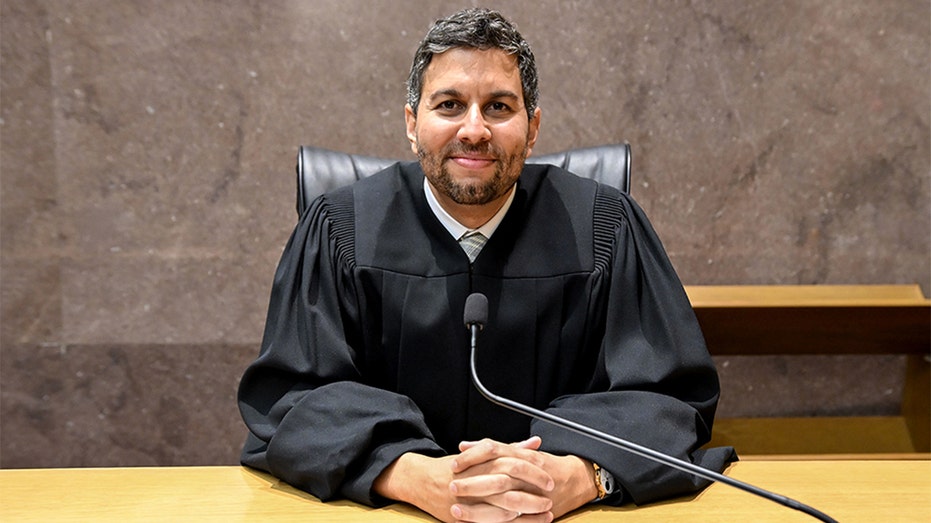US Judge Dismisses DNC Election Commission Lawsuit, Marking Victory for Trump
U.S. District Judge Amir Ali dismisses challenge to Trump’s executive order, citing lack of evidence of imminent harm to FEC independence.

A federal judge has dismissed a lawsuit brought by the Democratic National Committee (DNC) that sought to challenge former President Donald Trump’s executive order regarding the Federal Election Commission (FEC), marking a significant, though uncommon, courtroom victory for the former president. The decision came on Tuesday from U.S. District Judge Amir Ali, who was appointed to the bench by President Joe Biden.
Judge Ali ruled that the DNC had failed to demonstrate a "concrete and imminent injury," which is necessary to justify a preliminary injunction against the executive order. In his detailed opinion, he emphasized that the DNC’s concerns about threats to the FEC’s independence were too speculative to meet the high threshold required for emergency judicial intervention.
At the center of the dispute was an executive order signed by Trump on February 18 titled, "Ensuring Accountability for All Agencies." The DNC responded swiftly, filing its lawsuit just ten days later. In its filings, the party argued that the order could undermine the FEC’s role as an independent regulatory agency, opening the possibility for the sitting president to exert undue influence over campaign finance rules and enforcement.
The Democrats insisted that such interference would compromise the integrity of federal election oversight, stating that the ability of the White House to "unilaterally structure campaign rules and adjudicate disputes" could give the ruling party an unfair advantage over its electoral opponents.
Despite these concerns, Judge Ali made it clear in his ruling that there is, as of yet, no indication the Trump administration had taken concrete steps to alter or interfere with the FEC’s interpretation of federal election law or its independent operations. He wrote, “The possibility that the president and attorney general would take the extraordinary step of issuing a directive to the FEC or its Commissioners purporting to bind their interpretation of FECA is not sufficiently concrete and imminent to create Article III injury.”
Ali also left the door open for future legal challenges, noting that the court could reconsider the case if evidence surfaces that the FEC’s independence has been directly compromised. “This Court’s doors are open to the parties if changed circumstances show concrete action or impact on the FEC’s or its Commissioners’ independence,” he stated, making clear that oversight of executive actions will continue as warranted by developments.
The ruling represents a notable setback for the DNC, underscoring the difficulty of challenging executive orders on hypothetical grounds. For Trump and his legal team, the dismissal reinforces the judiciary’s cautious approach when asked to intervene in separation-of-powers disputes—at least absent clear evidence of executive branch overreach or harm to regulatory institutions.




